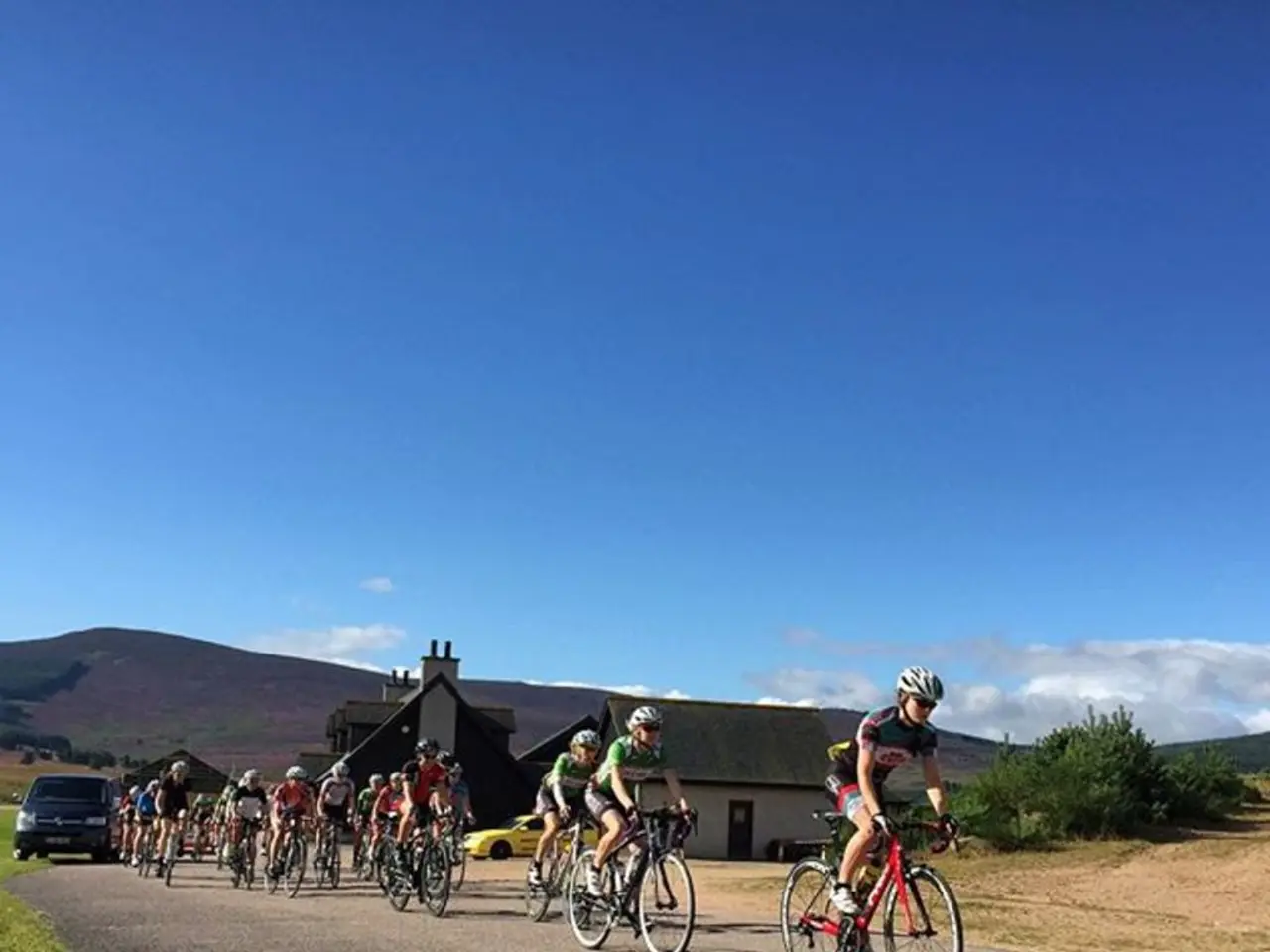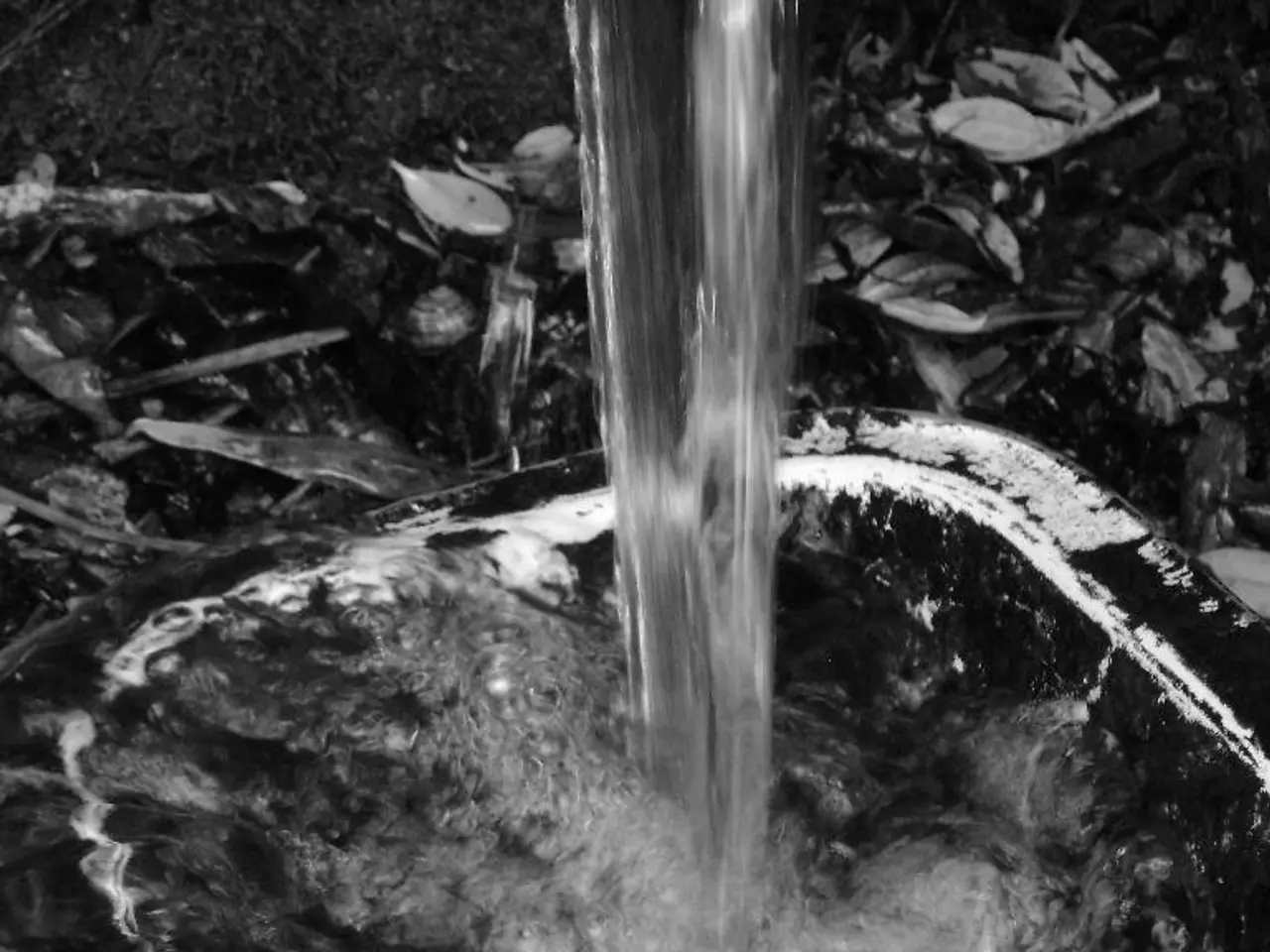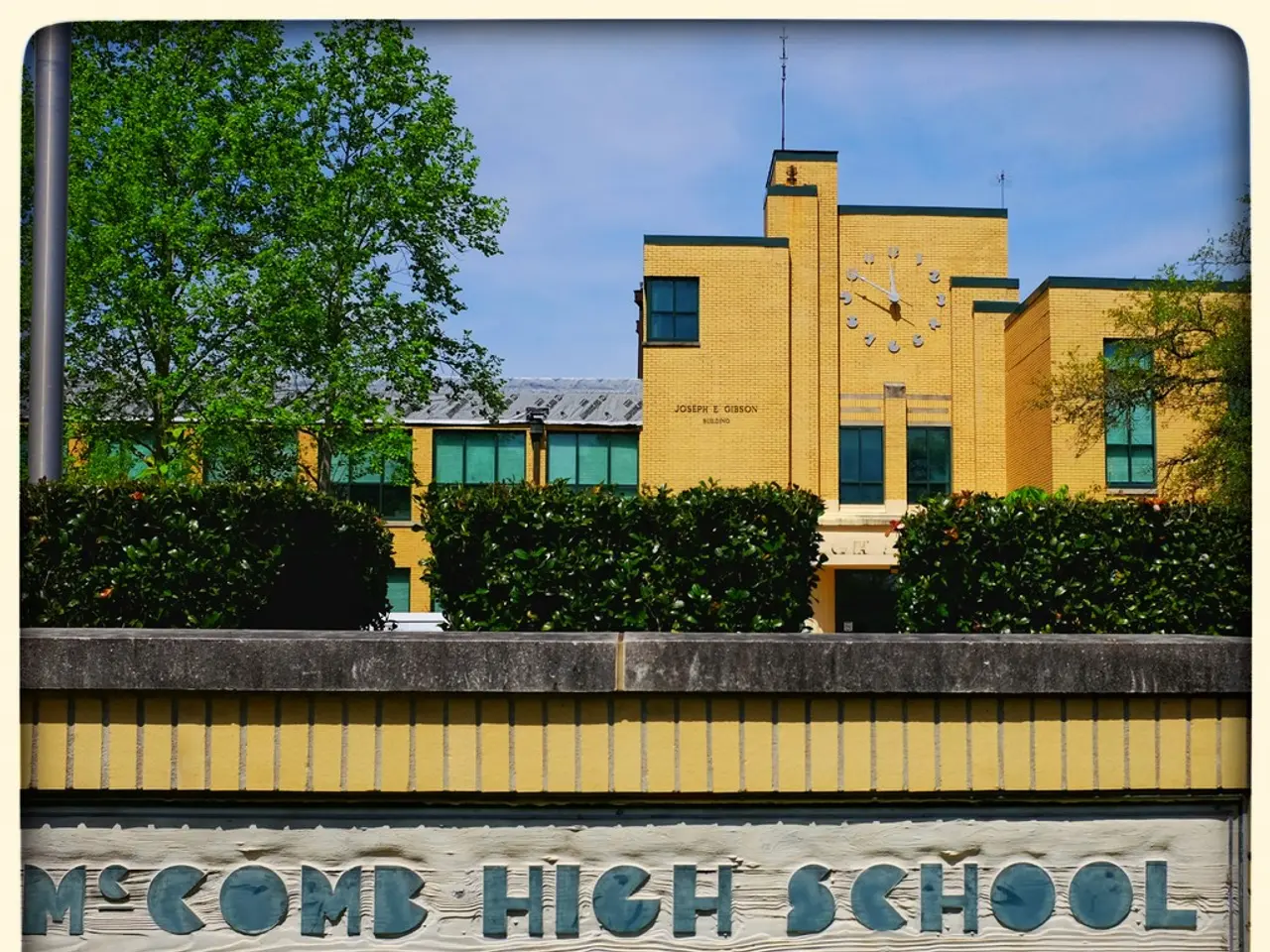Unveiling the Operations of the EU Bicycle Handshake Initiative
The Handshake EU Project is a groundbreaking initiative that brings together cities across Europe to share knowledge, collaborate, and improve cycling infrastructure and culture. This project, running from 2018-2022, pairs ten 'future cycling capitals' with one of three 'cycling capitals' for mentoring and inspiration.
The project fosters collaboration through various means, such as peer learning and exchange programs. Cities share data, plans, and outcomes from their cycling initiatives, enabling others to adapt successful methods. This includes study tours, workshops, and joint events encouraging direct dialogue among city officials, planners, and cycling advocates.
Handshake also integrates cycling improvements with wider sustainable mobility goals. For instance, Utrecht's Mobility Plan 2040 prioritises cycling as part of dense, mixed-use, and transit-oriented development. The project also engages in applied research on active mobility trends and infrastructure design, helping identify effective interventions.
Network building is another key aspect of the project. Handshake supports forming city networks that maintain ongoing communication channels beyond project duration. This institutional memory enables continuous improvement in cycling culture and infrastructure by leveraging collective knowledge.
The Handshake project aligns with the CIVITAS and POLIS frameworks, emphasising active mobility, knowledge exchange platforms, and the replication of successful urban cycling policies across European cities. Cities like Utrecht exemplify the outcomes of such collaboration by implementing ambitious cycling infrastructure and safe public spaces informed by shared European expertise.
Rome is one of the cities participating in the project and has gained European recognition for its cycling measures in response to Covid-19, setting up 150km of cycling routes, which are intended to become permanent. Despite challenges posed by the pandemic, the Handshake project continues to offer a supportive knowledge-sharing network among the participating cities.
The mentor city provides advice and inspiration to the developing city in their cycling plans without any hidden agendas. Strategies such as 'transition arenas' and 'immersive study tours' are used, where stakeholders meet regularly to discuss cycling policies and undertake a five-day visit to their mentoring cycle capital.
In summary, Handshake promotes city-to-city collaboration through structured knowledge sharing, joint activities, research, and network facilitation—paving the way for more connected, safer, and comprehensive cycling ecosystems across Europe.
- To support a sustainable lifestyle and sustainable living, the Handshake EU Project encourages cities to learn from each other in home-and-garden areas, likecycling infrastructure, by collaborating on cycling initiatives and sharing data, plans, and outcomes.
- handshake project's emphasis on lifelong learning and education-and-self-development goes beyond just cycling, integrating applied research on active mobility trends, encouraging cities like Utrecht to adopt successful urban cycling policies, and promoting knowledge exchange platforms.
- Technology plays a crucial role in Handshake projects, as it facilitates the exchange of ideas between cities, supports network building, and helps in identifying effective interventions for sustainable mobility goals and safe public spaces, ultimately contributing to a more connected European cycling ecosystem.




